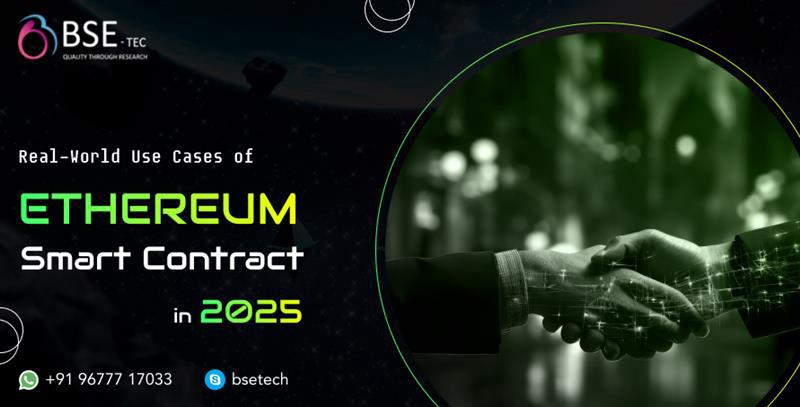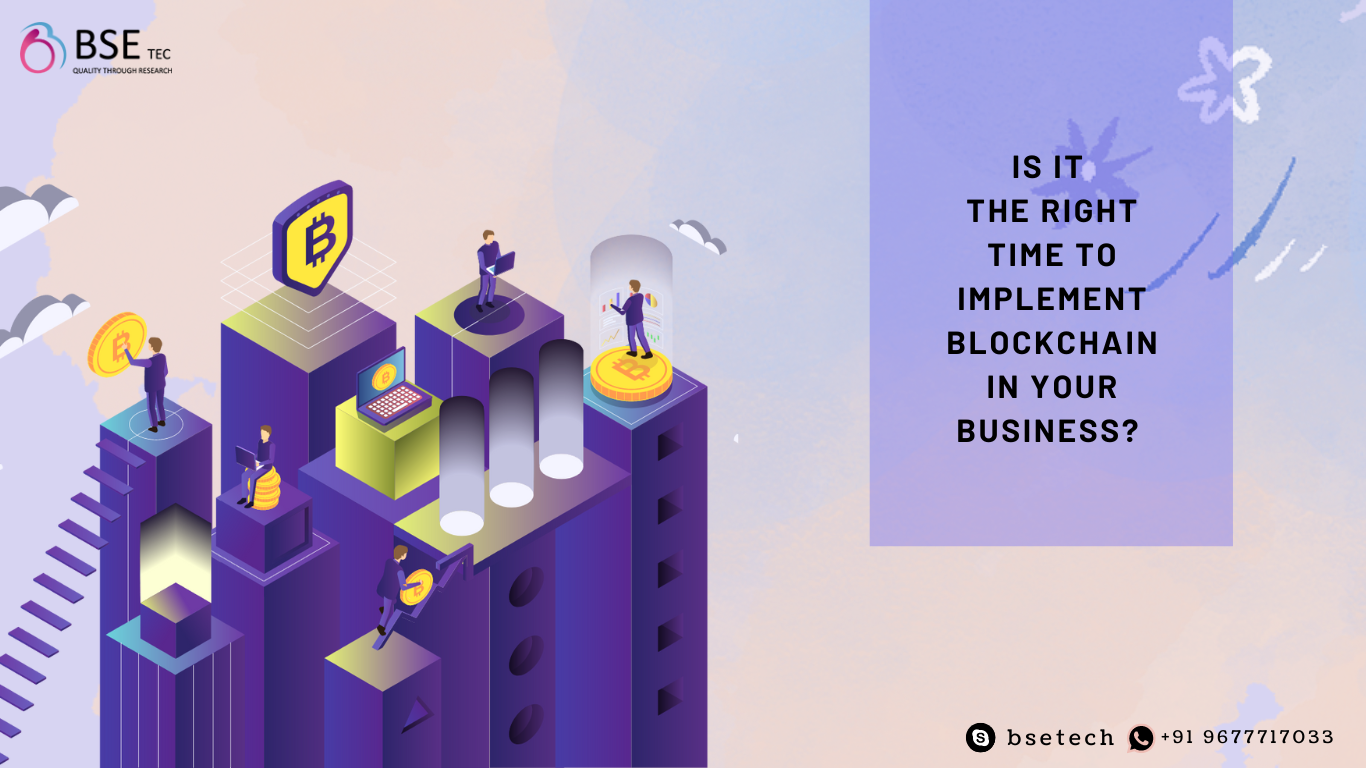
Real-world use cases of Ethereum smart contracts: DeFi, supply chain, real estate, digital identity, voting, gaming, and social impact projects.
Real-World Use Cases of Ethereum Smart Contract in 2025
It’s 2025, and the world of blockchain has evolved tremendously over the past few years. At the heart of this transformation are Ethereum smart contracts—self-executing agreements that automate processes and eliminate the need for intermediaries. These digital agreements have moved beyond just tech circles and are now shaping various industries in profound ways. Here’s a look at some of the most interesting and impactful real-world use cases of Ethereum smart contracts today.
What is Ethereum?
Ethereum is a decentralized blockchain platform that enables developers to build and deploy smart contracts and decentralized applications (dApps). Unlike Bitcoin, which primarily serves as digital currency, Ethereum is designed as a programmable blockchain, meaning it can support complex applications beyond simple transactions. It uses its own cryptocurrency called Ether (ETH), which is used to pay for transactions and computational services on the network.
What is a Smart Contract?
A smart contract is a self-executing digital agreement written in code. It automates the enforcement of rules and terms of an agreement directly on the blockchain. Once the conditions are met, the contract executes automatically, without the need for intermediaries like lawyers or banks. This makes transactions faster, cheaper, and more transparent.
Where are Ethereum Smart Contracts Used?
Ethereum smart contracts are used across various industries, including:
- Finance (DeFi): Decentralized lending, borrowing, and trading platforms.
- Supply Chain: Tracking products for authenticity and transparency.
- Real Estate: Tokenized property ownership and automated escrow.
- Digital Identity: Secure and verifiable online credentials.
- Gaming: NFTs representing in-game assets and land.
- Voting: Secure, transparent election systems.
- Charity & Social Impact: Transparent donation tracking.
How Do Development Companies Build for Their Clients?
Development companies such as BSEtec specialize in creating custom solutions on Ethereum. Here’s a typical process:
- Requirement Analysis: Understanding client needs—whether it’s a DeFi platform, tokenization, or an identity system.
- Design & Planning: Architecting smart contracts and system workflows.
- Development: Coding smart contracts using Solidity (Ethereum’s programming language), developing front-end dApps, and integrating with existing systems.
- Testing: Running thorough tests on testnets to ensure security and functionality.
- Deployment: Launching smart contracts onto the Ethereum mainnet.
- Ongoing Support: Monitoring, updating, and maintaining the system to ensure smooth operation and security.
Use Cases
The Smart contract development companies leverage blockchain expertise to deliver secure, transparent, and innovative solutions tailored to their clients’ specific needs, helping them harness the full power of Ethereum’s technology. In a way like ,
1. Decentralized Finance (DeFi) – More Than Just Lending and Borrowing
DeFi continues to be a major force in 2025, thanks to smart contracts that facilitate complex financial transactions without banks. Today, smart contracts manage decentralized exchanges, yield farming, insurance protocols, and even derivatives markets. For example, automated liquidity pools and insurance claims are processed instantly, reducing costs and increasing transparency.
2. Supply Chain Transparency and Authenticity
Global supply chains are notoriously complex, often facing issues like counterfeiting and fraud. In 2025, companies leverage Ethereum smart contracts to track products in real-time—from raw material sourcing to delivering final goods. This transparent ledger ensures authenticity, reduces paperwork, and speeds up dispute resolution. Luxury brands, in particular, use smart contracts to prove product provenance.
3. Real Estate – Tokenization and Automated Transactions
The real estate sector has embraced Ethereum smart contracts to streamline property sales and leasing. Properties are now often tokenized, allowing fractional ownership, which makes investment more accessible. When conditions are met—like funds transferring or documents signing—smart contracts automatically finalize transactions, reducing middlemen and paperwork.
4. Digital Identity and Credentials
In 2025, digital identities secured by Ethereum smart contracts give individuals control over their personal data. Universities and employers issue credentials on-chain, which can be instantly verified without cumbersome background checks. This reduces fraud and enhances privacy.
5. Governance and Voting
Smart contracts enable transparent, tamper-proof voting mechanisms for organizations, governments, and DAOs (Decentralized Autonomous Organizations). In 2025, many local governments experiment with Ethereum-based e-voting to ensure fair participation and trust in the process.
6. Gaming and Virtual Assets
Blockchain gaming has grown exponentially, with assets like in-game items, characters, and land parcels now represented as NFTs governed by smart contracts. These assets are tradable across platforms, and in-game transactions are secured and automated via Ethereum smart contracts, making gaming economies more vibrant and fair.
7. Environmental and Social Impact Projects
Smart contracts facilitate transparent funding and reporting for charitable and environmental projects. Donors can see exactly how their contributions are used, with automated disbursements based on achievable milestones.
As we look forward, Ethereum’s smart contracts are poised to continue transforming industries, making processes more transparent, efficient, and fair. In 2025, their potential is only beginning to be tapped, promising a future where trustless, automated solutions are embedded into everyday life. Stay connected with BSEtec – Ethereum smart contract development company.
Did you find this article useful? Let us know by leaving a comment below, or join us on Twitter and Facebook.


